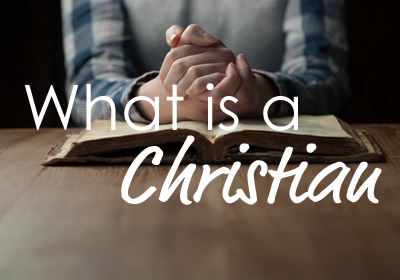The Bible splits the world into two groups; ‘the righteous’ and ‘the wicked’ (e.g. Psalm 1). While
these groups were sometimes hard to differentiate, In Mal 3:18 the prophet says of Jesus’ day:
And you will again see the distinction between the righteous and the wicked, between those who serve
God and those who do not.
At our house party last week, Rev Dr Glenn Davies taught that Paul is showing this distinction in Romans
1-4, and not building an argument against all people, as many claim. Paul begins in Rom 1:17-18,
where he declares that ‘the righteous’ will live by faith (v. 17), while the wrath of God is being
poured out on ‘the wicked’ (v. 18). He continues in chapter 2, claiming that those who ‘do good’ will
receive eternal life (v. 7), while those who ‘follow evil’ will get wrath and anger (v. 8). And herein lies
our definition of ‘the righteous’; whose who exhibit ‘the obedience of faith’ (Rom 1:5).
Sadly, and dangerously, too many Christians fail to see themselves as part of the righteous. This may
stem from preaching, but also from a misunderstanding of Rom 3:10. When Paul says ‘there is no
one righteous’, he is not referring to all people; just the wicked. The original context of that quote
(Psalm 14) is clearly talking about ‘the fool’ (i.e. the wicked), in direct contrast to ‘my people’ (i.e. the
righteous). To claim there is ‘no one righteous’ is to claim there is no one who has faith, and no one
who does good; emptying Paul’s words in Rom 1-3 of any meaning.
Do Christians still sin? Of course. Yet the Spirit leads Christians to repent, and pursue good works.
Not only is God pleased with such people, he even praises them! (Rom 2:29)
Brendan McLaughlin






